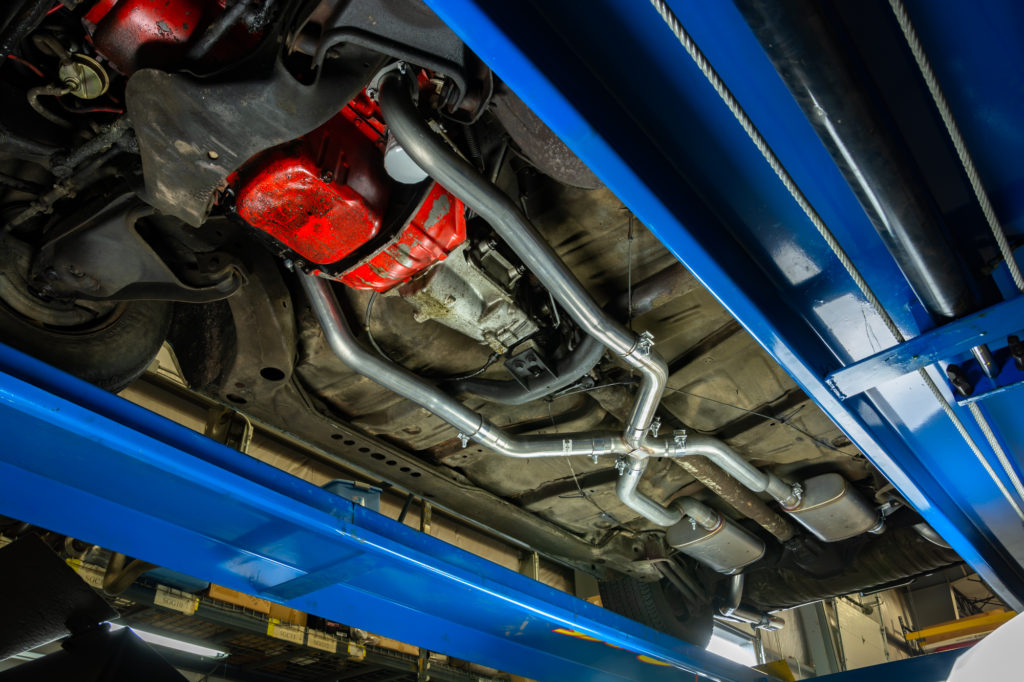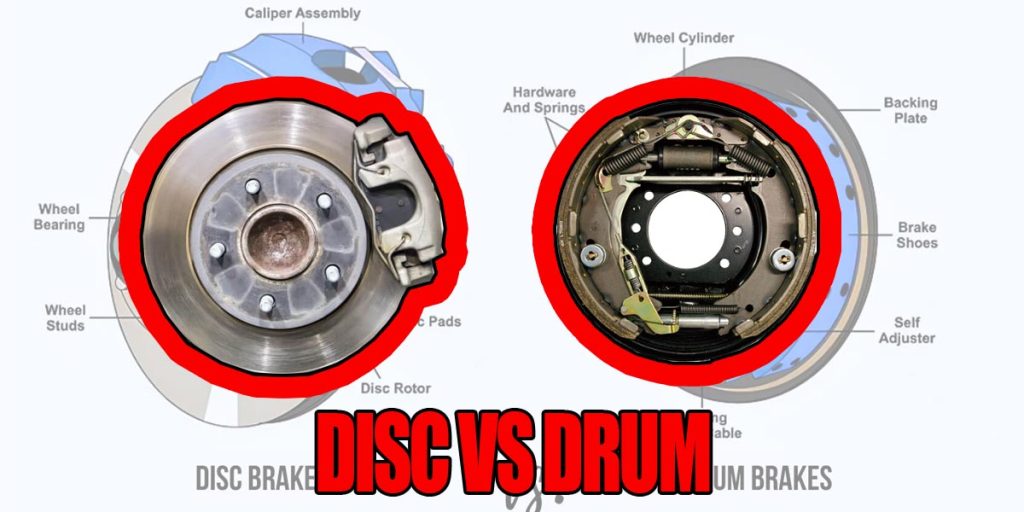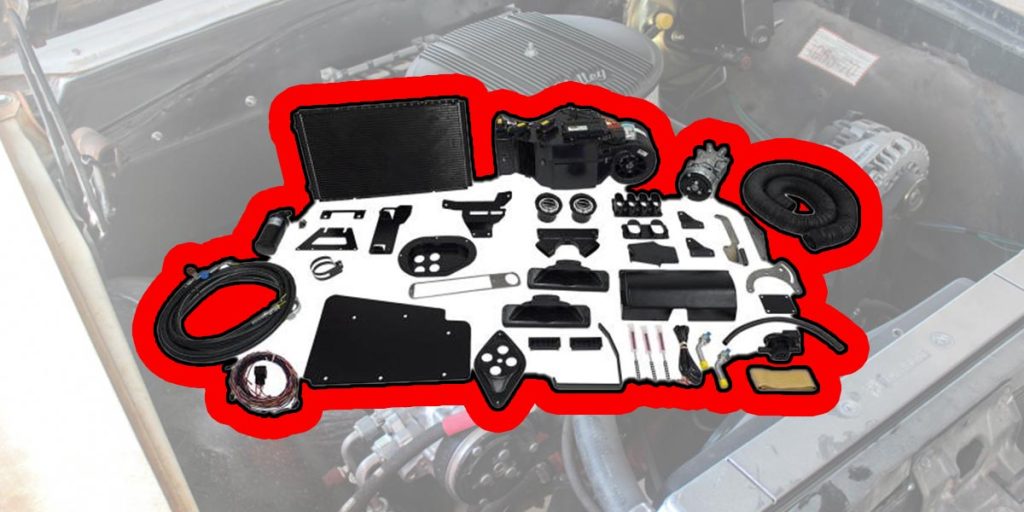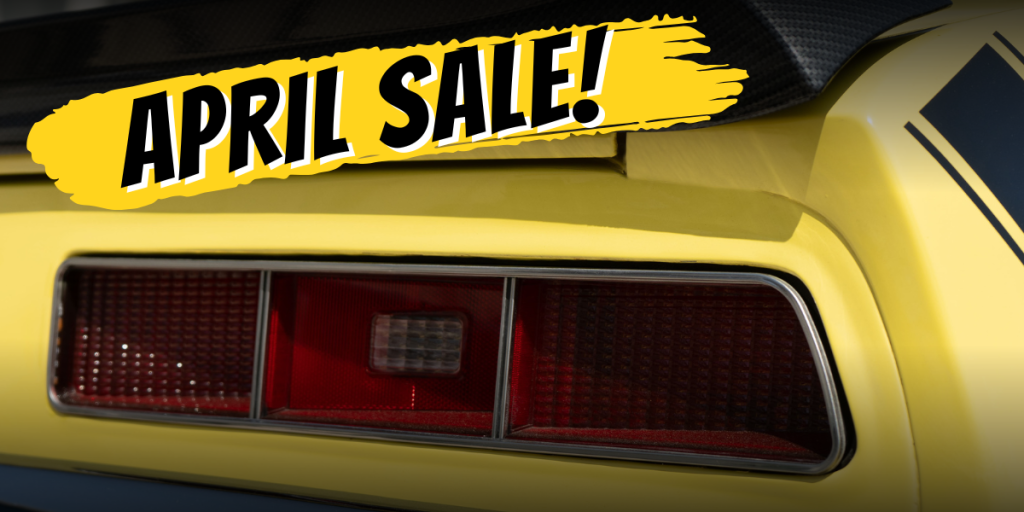Maintaining Your Exhaust System: Tips for Longevity and Performance
The exhaust system is a critical component of your vehicle, responsible for safely directing harmful gases away from the engine and minimizing noise levels.
However, it often receives less attention during routine maintenance compared to other parts of the vehicle. Neglecting proper care and maintenance can lead to reduced performance, increased fuel consumption, and potential damage. To ensure the longevity and optimal performance of your exhaust system, here are some essential tips to keep in mind.
In addition to this article, we’ve also covered topics such as Perks Of A Performance Exhaust, and How To Install A Performance Exhaust.
1. Regular Visual Inspection
Performing regular visual inspections of your exhaust system is the first step in maintenance. Look for signs of rust, corrosion, cracks, or loose components. Pay close attention to the exhaust manifolds/headers, catalytic converters if you have them, mufflers, and exhaust pipes. If you notice any damage or abnormalities, it’s time to address them promptly to prevent further issues.

2. Clean Exhaust
Maintaining a clean exhaust system helps prevent the buildup of dirt, debris, and corrosive substances that can accelerate wear and tear. Regularly clean the exterior surfaces of the exhaust components using mild detergent, a soft cloth, and warm water. Avoid using abrasive cleaners or brushes that can damage the protective coatings or finishes.
3. Check For Leaks
Exhaust leaks can significantly impact performance and pose safety risks due to the release of toxic gases. In addition for EFI vehicles, it can throw off your air/fuel ratio mixture causing the engine to run rich. Inspect the connections between exhaust components, including gaskets, flanges, and clamps, to ensure they are tight and properly sealed. If you detect any leaks, have them repaired immediately by a qualified mechanic to prevent further damage.
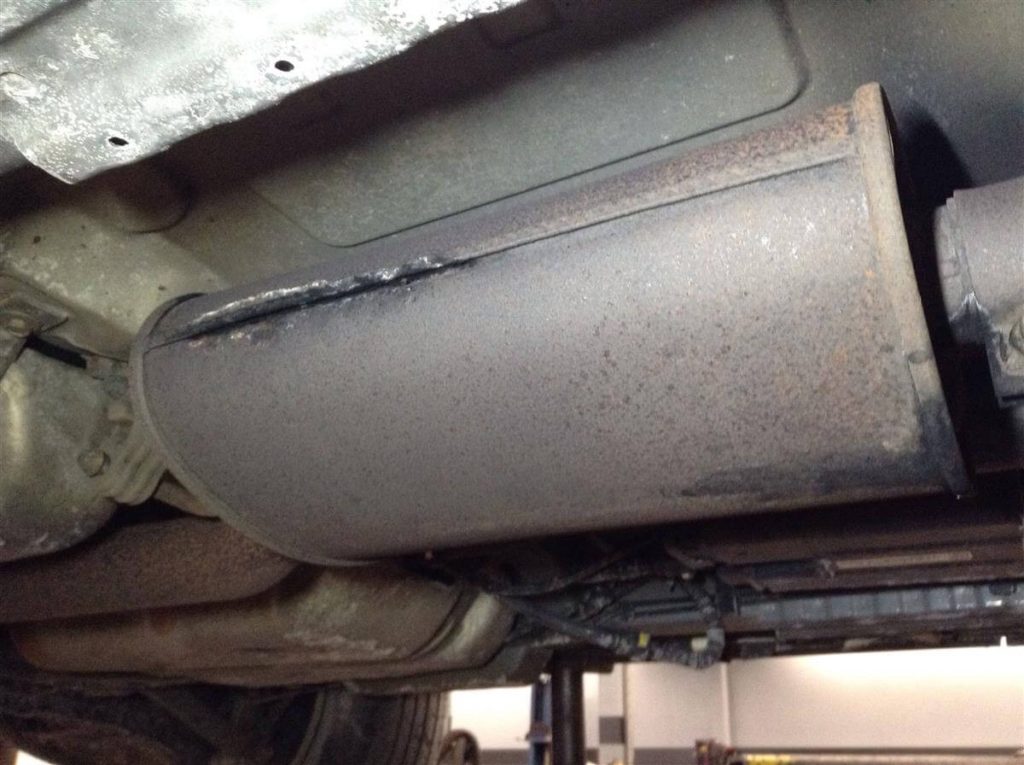
4. Proper Driving Habits
Your driving habits can influence the health of your exhaust system. Avoid excessive idling, as it can lead to the buildup of moisture and corrosive byproducts inside the system. Additionally, try to minimize aggressive driving, as rapid acceleration and high-speed driving can subject the exhaust system to increased stress and potential damage.
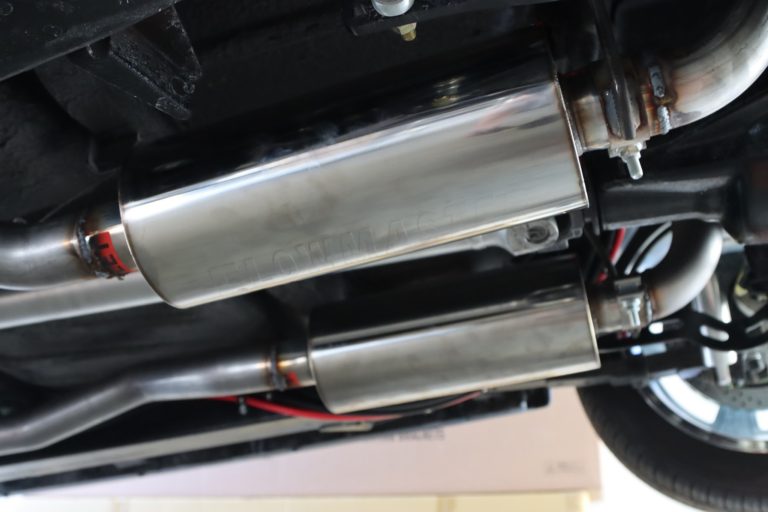
5. Avoid and Protect From Moisture
Excessive moisture is a common enemy of exhaust systems. Moisture can cause rust and corrosion, especially in regions with high humidity or during the winter season when roads are salted. To minimize moisture-related damage, park your vehicle in a dry garage or covered area whenever possible. If you live in a particularly humid or corrosive environment, consider applying a protective coating or rust inhibitor to vulnerable areas of the exhaust system.
6. Regular Maintenance Checks
Include the exhaust system in your routine maintenance checks. During oil changes or scheduled inspections, ask your mechanic to specifically evaluate the condition of the exhaust system. They can check for loose or damaged hangers, and worn rubber mounts, and ensure that all components are securely fastened.
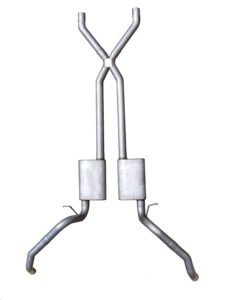
7. Use Quality Parts
If repairs or replacements are necessary, it’s crucial to use high-quality parts that meet the manufacturer’s specifications. Opt for reputable brands and seek professional installation to ensure proper fitment and performance. Low-quality or incompatible parts may result in subpar performance, increased noise levels, or premature failure.
Remember, the exhaust system is not only crucial for maintaining the vehicle’s performance and fuel efficiency, but it also plays a significant role in reducing harmful emissions. By following these maintenance tips and promptly addressing any issues, you can enjoy a well-functioning exhaust system that contributes to the overall health and longevity of your vehicle.
If you need quality parts for your exhaust system visit SS396.com where we have full exhaust systems! If you have any other questions about your exhaust system please call our friendly techs at (203) 235-1200!

